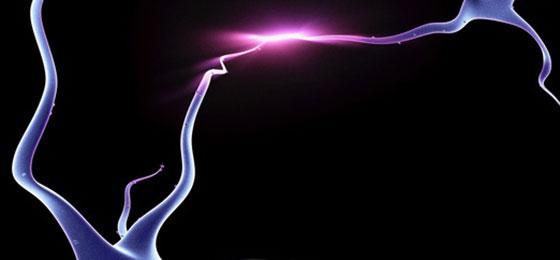Spark: 28 more innovative projects selected for funding

The pilot phase of Spark is coming to an end. The scheme is contributing to innovation and diversity, as the 28 new projects show.
The SNSF launched the Spark pilot scheme in 2019. Its purpose is to fund projects that rapidly test and develop new and unconventional scientific approaches, methods and ideas. By carrying out a double-blind evaluation process, the SNSF ensures that the evaluation focuses on the project idea. The proposed projects need not be based on existing data. Risk-taking is explicitly encouraged.
In 2020, another Spark call was launched. In the first evaluation phase, the SNSF selected 73 projects. Because many of the submitted applications were not sufficiently anonymised, a second call was opened (see box).
28 new projects covering a broad range of topics
In total, 263 researchers have resubmitted their application in the scope of the second evaluation phase 2020. Almost 54 per cent of the applicants are under 40 years of age. Around 85% do not hold a professorship and approximately 69% have never received financial support from the SNSF. "It looks like the Spark principle is a success," says SNSF director Angelika Kalt. "We have received many applications from young researchers and first-time applicants. This means that we are achieving our aim of making science even more diverse."
In the second evaluation phase, the SNSF selected 28 projects for funding. The majority of these projects have a duration of 12 months. The projects will start between 1 January and 1 April 2021 on an overall budget of 2.72 million francs.
As last year, the projects are devoted to a wide range of topics. Three examples:
- At the AO Research Institute in Davos, Andrea Vernengo will test a new 3D printing method to produce artificial spinal disc tissue.
- Alexander Markin of the University of Zurich will explore how minorities and people with disabilities contributed to late mainstream Soviet culture, by studying Evgenij Kharitonov's play "The Enchanted Island".
- Manuel Chevalier will examine at the University of Lausanne if spatiotemporal palaeoclimate models could be improved by exploiting spatial uncertainties in fossil pollen data. His project aims to facilitate more accurate predictions of the effects of climate change.
Evaluation of the pilot phase
The pilot phase of Spark ends with this second call. In the course of next year, the SNSF will carry out a detailed evaluation of the funding scheme. For this reason, there will be no call in 2021. Based on the results of the evaluation and the available budget, the SNSF will then decide whether to offer Spark in the long term.
Second 2020 call due to insufficient anonymisation
The SNSF can only conduct a double-blind evaluation if the applications are fully anonymised. Around 30 per cent of applications submitted by 11 March 2020 included details of the applicants in the metadata of the project description (properties of the PDF file). As a result, full anonymity could not be guaranteed. The unusually high number of rejected applications indicated that the stringent anonymisation requirements had not been fully understood. The SNSF revised the guidelines and invited the affected researchers to resubmit their applications - this time fully anonymised - in June 2020.